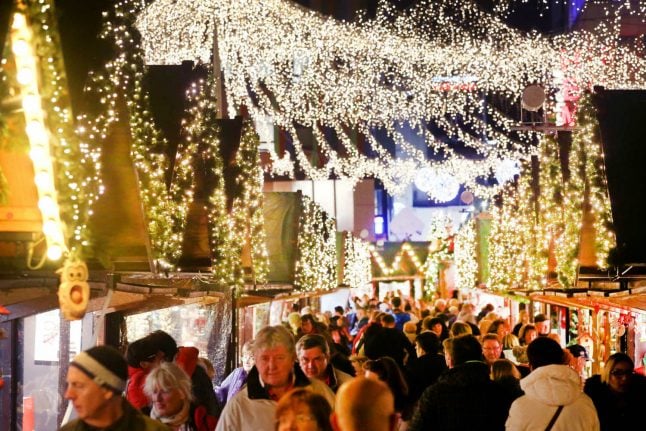The Swedish Foreign Ministry asked Venezuela in a note why they did not inform Sweden that they had arrested the 54-year-old Swede when he landed at Caracas International Airport last Saturday.
News agency TT reports that Maduro, in the Venezuelan newspaper El Universal, asked why “one of Interpol’s wanted men” was able to travel outside the country.
The Swedish government has still not received an official response, a press secretary for the Swedish Foreign Ministry told TT.
Colombia is accusing the Swede of being the rebel group Farc’s European boss and financier. The government in Bogota has been trying to find the man ever since he was granted political asylum in Sweden nearly 20 years ago.
Maduro told El Universal that Venezuela had followed international law in their handling of the situation. The arrest has been criticized by the opposition in Venezuela.
When Colombian authorities learned that the man was on his way to Venezuela, the Colombian president Juan Manuel Santos called his counterpart Hugo Chavez in Venezuela and asked him to arrest and deport the man.
Police flew him to Bogota where the detention hearing was held on Tuesday.
Sweden’s ambassador to Colombia had representatives present during the hearing, Anders Jörle, press secretary for the Swedish Foreign Ministry, told TT. “We have to see that he is treated correctly according to the law,” Jörle said to TT.
“We can’t interfere ourselves but we can demand consular access to him,” he said.
Colombia says that evidence against the Swede consists of emails that were found on a computer belonging to the former Farc rebel leader Paul Reys, who is dead.
The Colombian newspaper El Tiempo reported that the Swede was active with Farc for 30 years. The man denied working with Farc, but said as a journalist he had talked to the guerillas.
He is the editor for the internet site Anncol which is critical of the Colombian government. But the Colombian government says Anncol has ties to Farc.




 Please whitelist us to continue reading.
Please whitelist us to continue reading.
Member comments